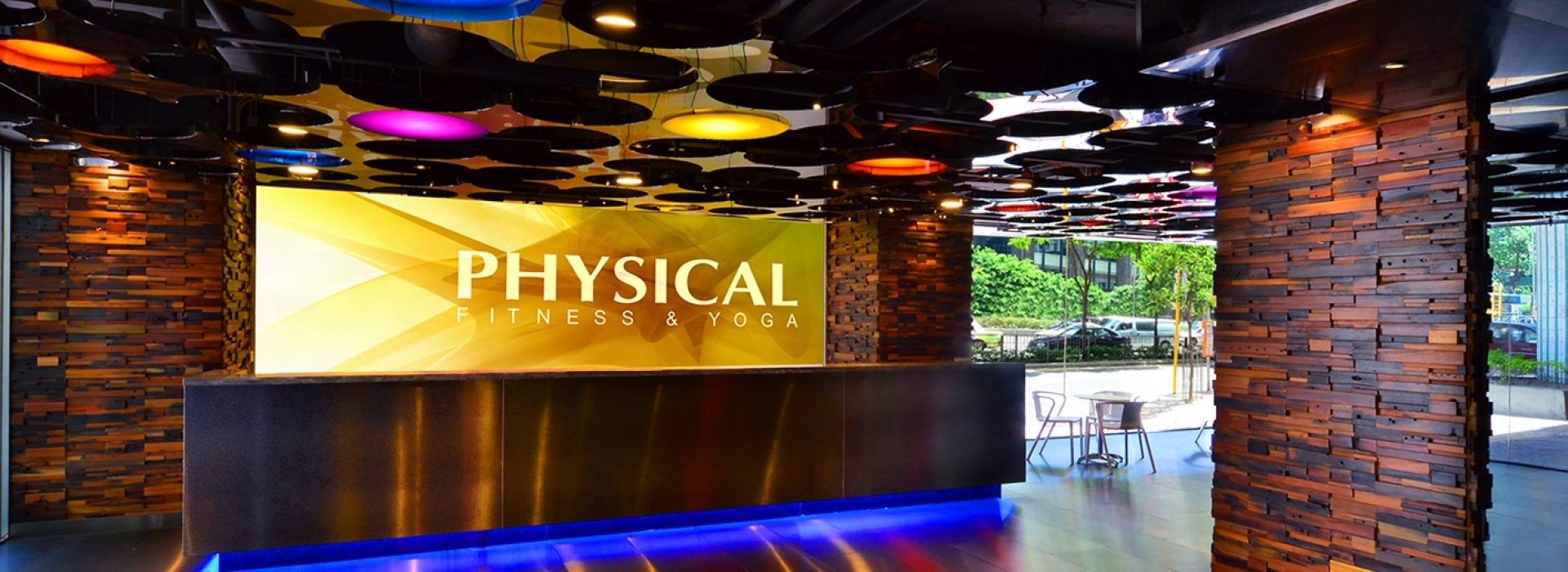
Over 85 percent of Hong Kong residents want the special administrative region government to introduce a compulsory cooling-off period for prepaid contracts in the fitness and beauty industries, a survey has found.
Consumers’ concerns over their prepaid fees has spiked after the sudden closure of the 38-year-old Physical Fitness and Beauty gym chain in early September. The city’s Consumer Council so far has received over 5,200 complaints regarding the closure, involving HK$184 million ($23.7 million) so far.
Some consumers had reportedly signed with the gym brand long-term contracts that ran through 2057.
READ MORE: Money lost from HK gym closure reaches HK$113m amid probe
Hong Kong legislator Bill Tang Ka-piu conducted a random telephone survey from Sept 17-30 to collect residents’ views on setting up a mandatory cooling-off period and a limit of a contract’s duration for prepaid contracts.
During a news conference on Wednesday, Tang said that over 85 percent of the 702 respondents agreed with the idea of establishing a cooling-period for prepaid contracts in the gym and beauty industries, and over 75 percent support having authorities impose a duration cap on those prepaid contracts.
In addition, 56 percent of interviewees were not satisfied with the industries’ self-regulation against unscrupulous business practices.
Tang suggested that the cooling-off period be no less than seven days. Considering the practice of the life insurance industry, the cooling-off period can be varied based on the amount involved — a contract with higher payment can have a longer cooling-off periods, the lawmaker said.
Tang said that the Hong Kong SAR government had already completed a public consultation on the establishment of a statutory cooling-off period in 2019, and called on authorities to speed up legislation based on the consultation results.
READ MORE: CUHK opens new fitness center with smart devices to help athletes
He said the decade-long contracts appeared in the Physical Fitness incident, saying that consumers may believe that longer contracts will save more money. Tang added that the introduction of a cooling-off period could protect the interests of consumers, business owners and agents, and prevent many consumer complaints from upgrading into criminal cases.
The legislation would ensure that residents and visitors feel their spending in Hong Kong is protected, Tang said.
Tang cited the Inter Miami football team’s controversial Hong Kong exhibition match as an example of protecting consumers’ rights. Many ticket holders demanded refunds after Inter Miami superstar Lionel Messi didn’t play in the February match. Organizers eventually refunded half of the ticket prices, which restored consumers’ confidence in Hong Kong, Tang said.
Contact the writer at fangxue@chinadailyhk.com


